By Yang Yahui
(CNS)-- Shi Ji,praised by Lu Xun as "the peak of historical works and the rhymeless poetry named Li Sao", is the first comprehensive historical masterpiece in the Chinese history. For many years, studying Shi Ji has attracted many scholars around the world. What are the similarities and differences between perspectives of Eastern and Western scholars on Shi Ji? What is the significance of studies on Shi Ji to the cultural exchange and mutual learning between the East and West? William H. Nienhauser, Jr., Halls-Bascom Professor Emeritus of Chinese Literature at the University of Wisconsin, recently gave an interview to the "W.E. Talk" of China News Service, telling how he has been translating Chinese classics with Western thinking.
The Q&A was edited for brevity and clarity:
Reporter:For decades, you have been devoted to the study of Sinology. How did you first learn about China or Chinese, and then become interested in Sinology?
William H. Nienhauser, Jr.:I was born in late 1943. In the early 1950s, my grandmother gave me her old textbook from around 1900 for her American History class and I virtually memorized the entire book. I also read some twenty books from the Landmark Series, including biographies of many historical figures and key events in history like the first American air attack on Japan. The book was called Thirty Seconds over Tokyo and described how after bombing Tokyo some of the planes and their crews flew to China (they didn’t have enough fuel to get back to their aircraft carrier). It then described how the Chinese people helped these men escape the Japanese troops and escort them to Chongqing.
The book and others like The Flying Tigers aroused in me an interest in China. My grandmother’s book and these readings a prepared for nearly all the history classes I had in high school. Reading and studying biographies was what occupied my own reading.
Later, I enlisted in the U.S. Army to go to the Army Language School in Monterrey, California. I learnt Chinese in this school and my teachers gave me Chinese name Ni Haoshi. After that, I went to Indiana University to study Chinese. All our teachers were Chinese, including Famous Chinese poet and translator Liu Wuji. After my MA in 1968, I went to Germany to study abroad at Bonn University for a year. I appreciated those sinologists I had met, and thus embarked on the road of Sinology research.
Reporter:You have studied Shi Ji for more than 30 years. Why is Shi Ji attractive to the Western world in terms of its academic and ideological nature? What do you think is the significance of studying Shi Ji to the cultural exchange and mutual learning between the East and West?
William H. Nienhauser, Jr.:During my study in Germany, I found that the Western world pay more attention to reading and writing when studying Chinese, and their understanding of the text needs to be improved. In 1989, in order to improve understanding and knowledge level, I decided to start translating Shi Ji with my students. Another reason is I found that such a great work still did not have satisfactory complete English version.
In my opinion, the translation and introduction of Shi Ji is a realistic need for the communication between Chinese and Western cultures. It is self-evident that Shi Ji plays an important role in Chinese history, and it is also of great significance to Western scholars who want to learn about Chinese history. Meanwhile, the influence of Shi ji on literary is also far-reaching. Without a complete English version, Western readers will be misled. Therefore, I decided to create a version faithful to the original, fully annotated and as literary and fluent as possible. I hope that my version will serve not only the general readers, but also scholars and experts, and further promote the study of Chinese history and culture in the West.
For the readers in the Western world, Shi Ji took them into a different world. People in the Western world could form a preliminary impression of ancient China and then become interested in China and Chinese traditional culture.
Reporter:In the process of studying Shi Ji, you have published dozens of academic papers. As a sinologist, what is the difference between the way you translate and study Shi Ji and your predecessors?
William H. Nienhauser, Jr.:I don't just rely on myself to translate, but also through group discussions. Meanwhile, I think translating Shi Ji is not only converting ancient Chinese into English, but also interpreting Chinese classics with Western thinking. In the process of translation, I tried my best to refer to the achievements of Shi ji studies and previous English versions, and made full use of dictionaries to understand the meaning of each word as accurately as possible.
Most of the previous English versions have adopted the style of free translation, with as few annotations as possible, so as to make the translated text smooth, while my version has tried to be accurate, informative and well documented. I hope to fully reproduce the true features of Shi Ji, including its historical value and literary style.
Reporter:In your opinion, what is the difference between Western and Chinese scholars in studying Shi Ji?
William H. Nienhauser, Jr.:The basic difference between my work and that of Chinese scholars was two-fold. First, they always had a broader and deeper knowledge of the tradition and its authors. Second, they wrote in Chinese and thus could talk about works like the fu without actually understanding every word.
For me, translation was the base. We had to translate everything we discussed. This doesn’t mean I understood every word, but at least I had to address that problem. Professor Liu Wuji was also part of our Western tradition so he had to translate all the works included in his Introduction to Chinese Literature which was our textbook and our introduction to so many genres and authors.
At the same time, when I learnt about some traditional Chinese works, I also discussed them from the Western perspective, or put them together with similar Western literary works for comparative literature research, and thought about the phenomenon of Chinese literature at more levels.
Reporter:In the process of understanding and studying Chinese classics, what impact do you think Sinology studies have on your personality?
William H. Nienhauser, Jr.:I learned (slowly) to be patient and to respect the old traditions. Living in China and Europe also taught me how hard it is to be a foreigner. I have tried to use this attitude towards the Chinese students who came to Madison to study with me at the University of Wisconsin. Meanwhile,I have always tried to pass on my love from classical China to my students, Western and Chinese.
In addition, I deeply understand the differences in cultural cognition between the East and West. Although it is impossible for me to become 100% Chinese by studying Chinese classics, in the process of studying Chinese classics, I can create a method suitable for Westerners to study Chinese literature and history, and interpret it with the Western way of thinking, which is also very gratifying to me.
Reporter:As far as you know, what are the important influences of Chinese classics such as Shi Ji and Chinese traditional culture on the Western world? What do some people around you know about China and Chinese traditional culture?
William H. Nienhauser, Jr.:In the past, ordinary Americans did not know much about Chinese traditional culture. However, as time goes on, more and more Americans are interested in Chinese classics. Most people still have difficulties in understanding Chinese, so translation plays a crucial role in this process. In view of the cultural differences between the East and West, something that can be understood by the Chinese without explanation may be very difficult to understand by the Westerners. For me, to accurately translate Chinese classics and build a bridge between Eastern and Western cultures can make more people around me interested in Chinese cultural classics.
My students chose to study Chinese classics with me because they have a strong interest in China and want to know more about this ancient country with a civilization of 5000 years.
Introduction to the scholar:
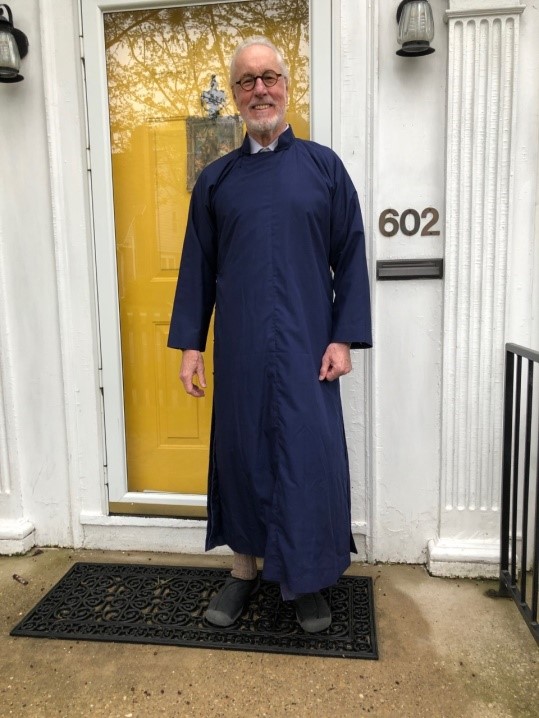
William H. Nienhauser, Jr., Halls-Bascom Professor Emeritus of Chinese Literature at the University of Wisconsin, has been a visiting professor in many universities or research institutions in Germany, Japan and China. He went on to major in Chinese literature at Indiana University and Bonn University, receiving his BA, MA and Ph.D from Indiana (1966, 1968 and 1973). In 1979, he was a founding editor of Chinese Literature: Essays, Articles, Reviews, which he edited until 2009. In 2020, he won the Special Book Award of China as the only American among fifteen international winners for his work on the Shi Ji. In 2003, he was awarded a Research Prize for lifetime achievement from the Humboldt Foundation.









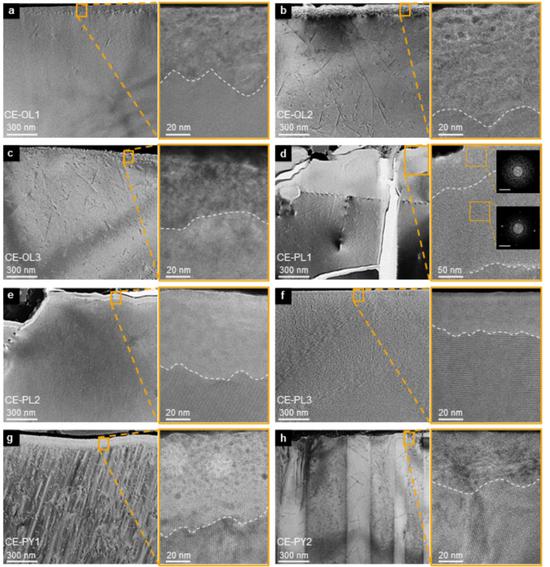


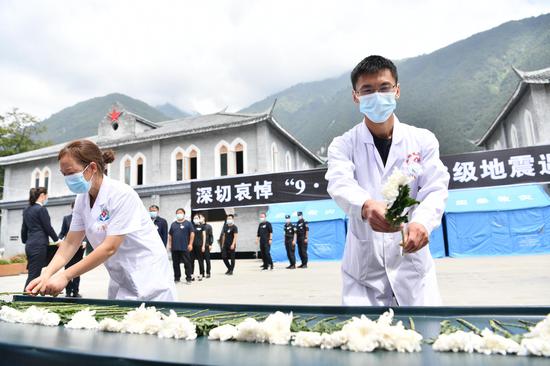

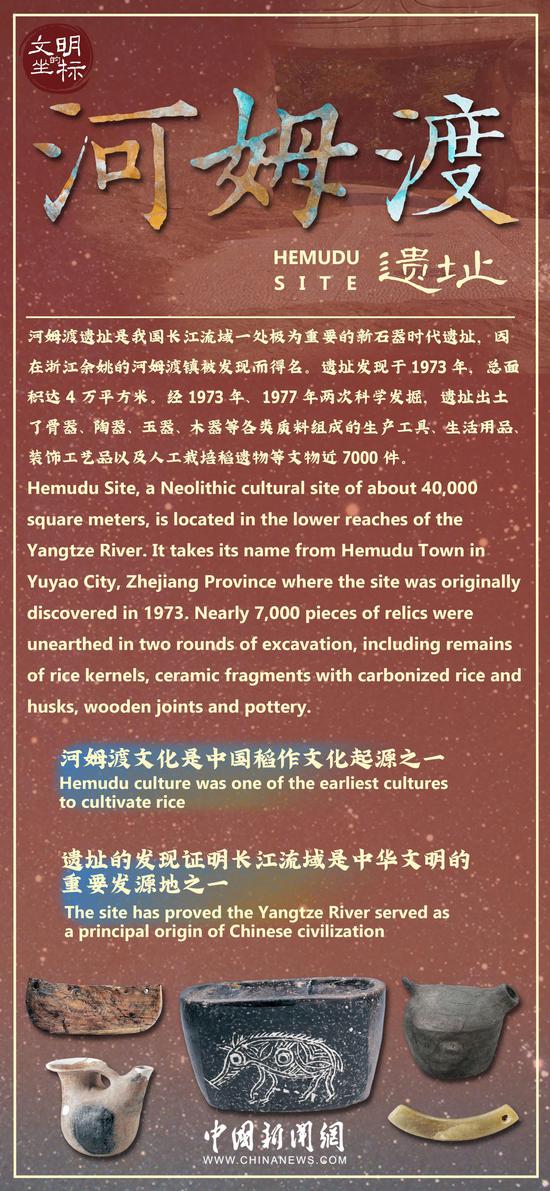


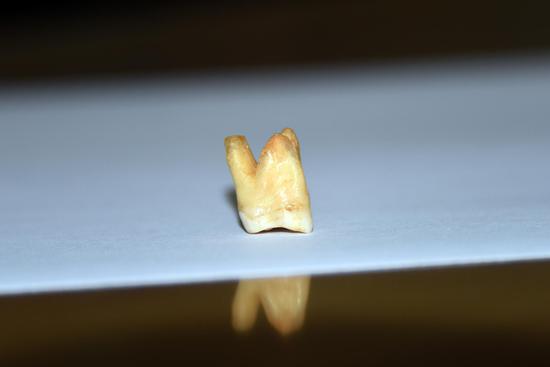

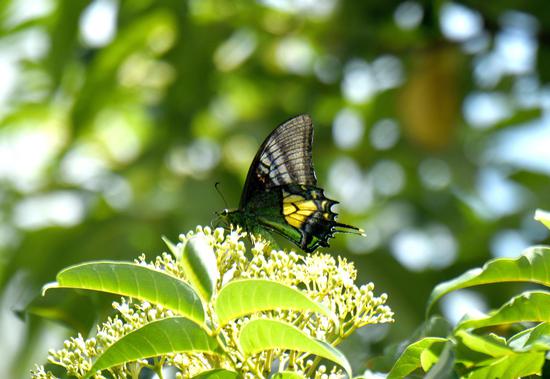


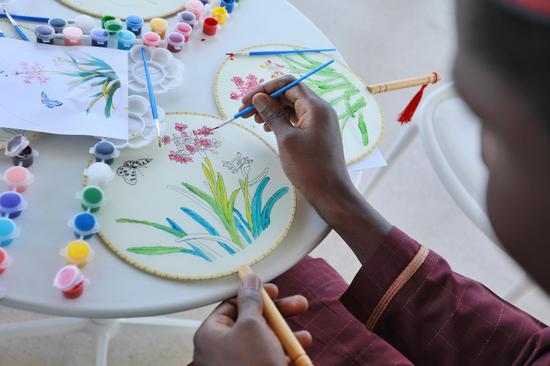
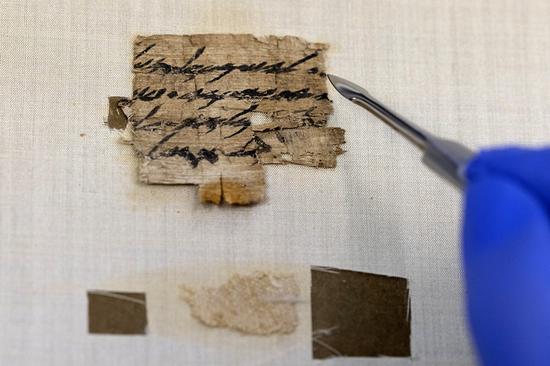
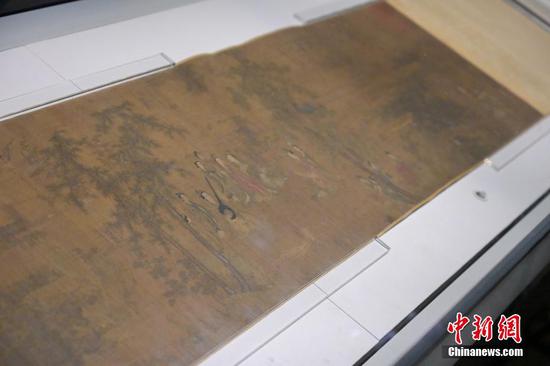



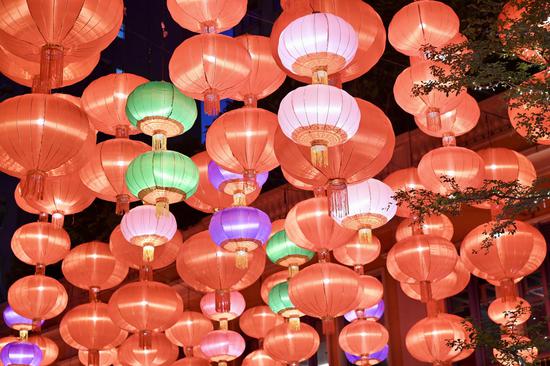

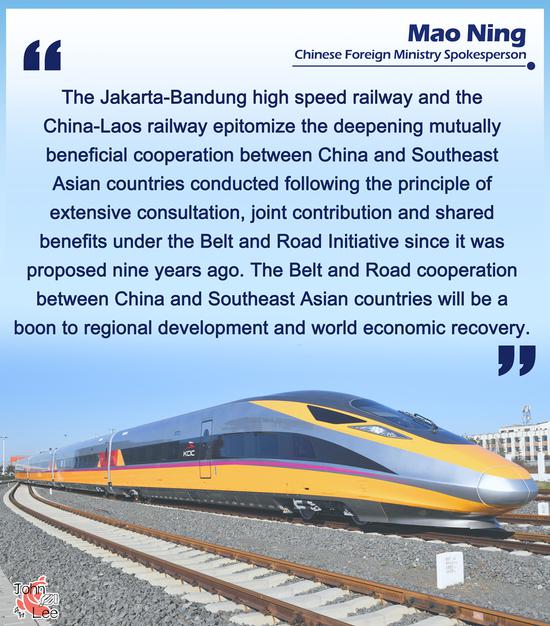




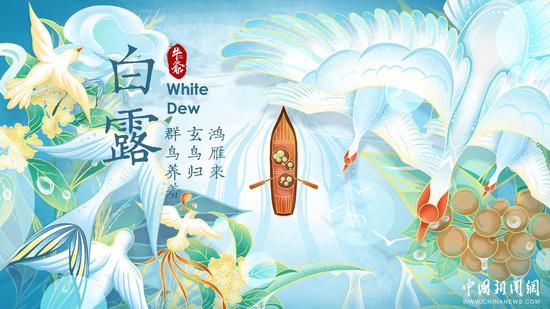


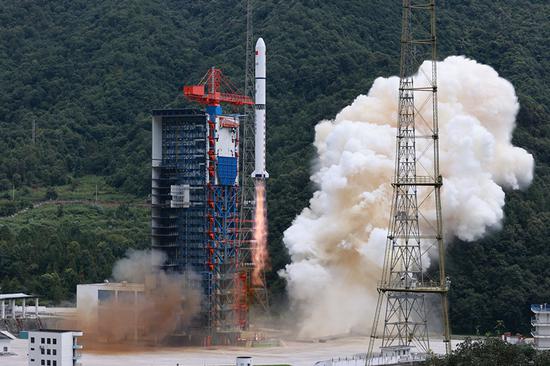

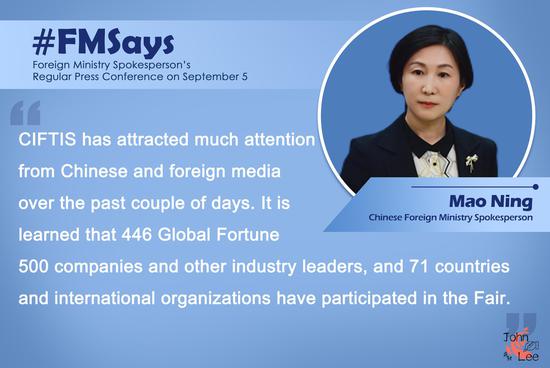
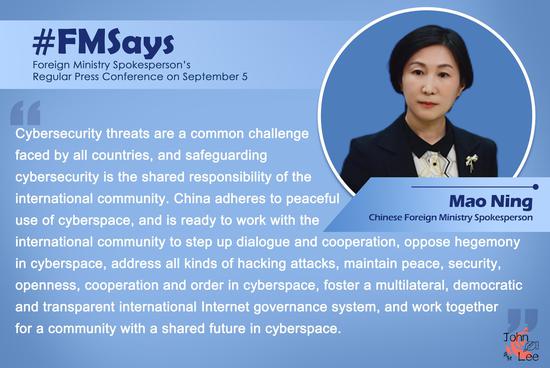
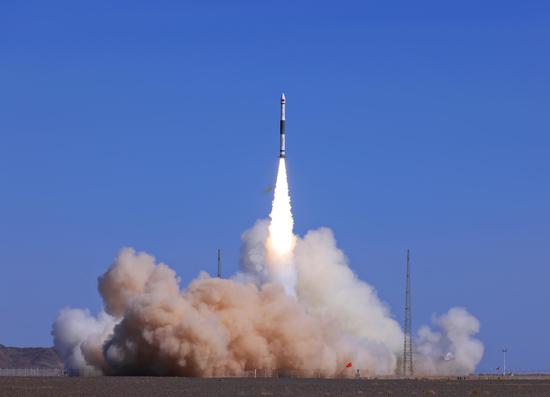
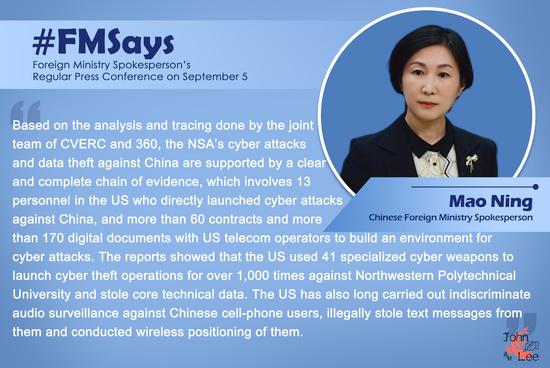
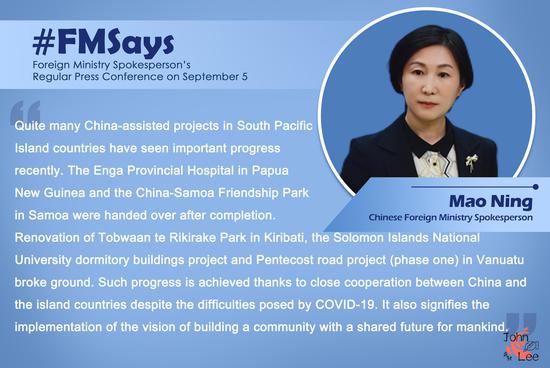





 京公网安备 11010202009201号
京公网安备 11010202009201号